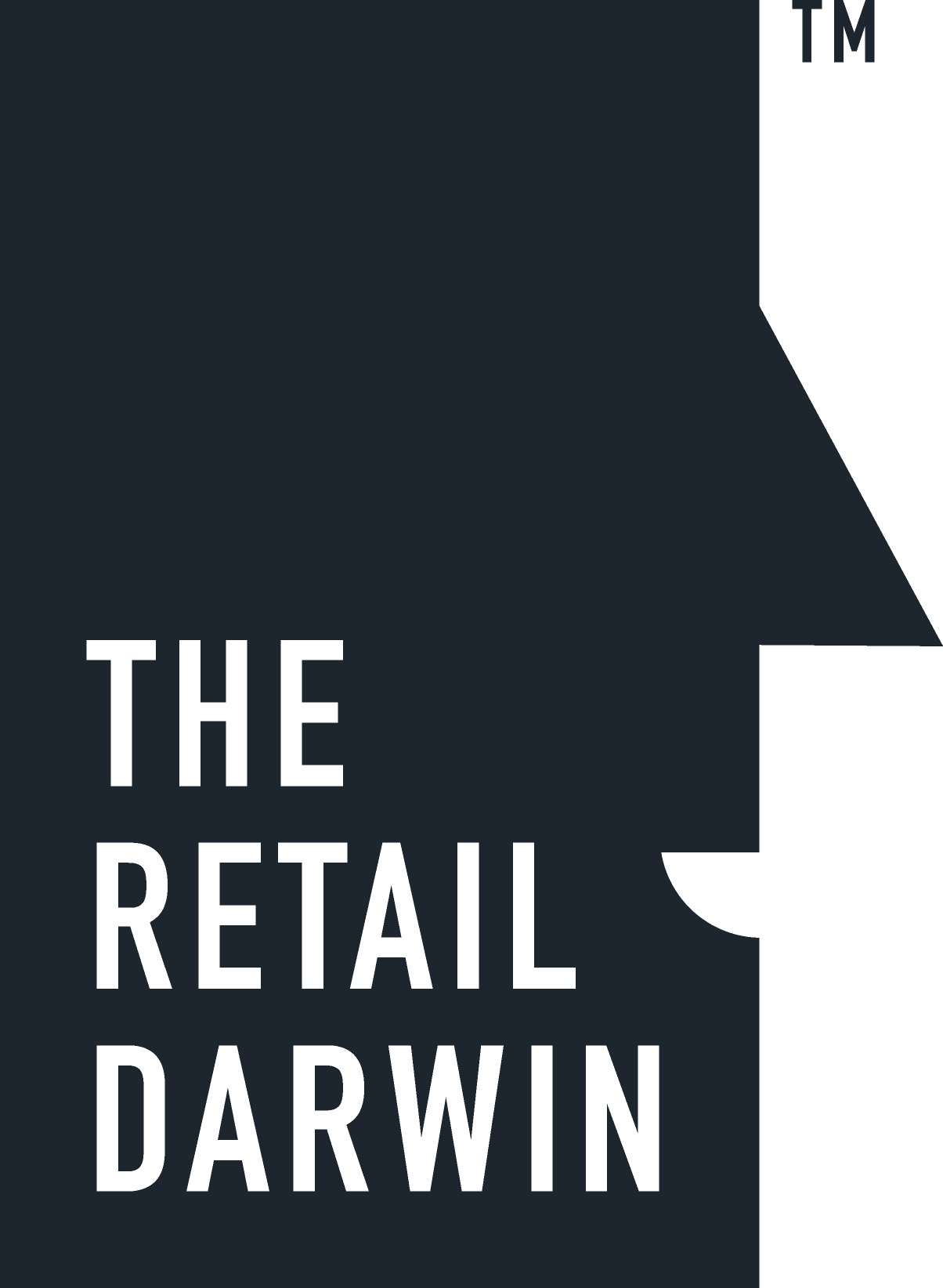The T-shirt Club
Retailers and brands that are eschewing a linear business model
Business-to-consumer subscription businesses are booming. They have attracted more than 11 million U.S. consumers in 2017, and the industry as a whole has been growing at 200% annually since 2011. In this competitive, yet still new market, new benchmarks for fashion are set by emerging brands and retailers.
If you simply want something, the subscription box promises a personalized experience from the gift-ish unwrapping to the possibility that the contents inside will change your life. After starting as an online-only menswear company in 2012, Montreal-based brand Frank And Oak expanded into womenswear last year, while also adding over 20 brick-and-mortar stores to the mix. Now, it’s trying its hand at a subscription service, competing with the likes of Stitch Fix and Trunk Club as well as traditional brands like Gap and Old Navy, experimenting with similar models.
While some shoppers pay for decisions to be taken out of their hands, For Days uses a circular retail model to win over those who are environmentally conscious. For a flat monthly fee, the brand delivers organic T-shirts and other cotton basics to members who can then send them back in any condition—ripped, stained, stretched—at anytime, to be recycled and replenished. Will the combination of the access-over-ownership and the focus on sustainability solve fashion’s overconsumption problem? “The possibilities are big,” said founder Kristy Caylor.
Sources: Harvard Business Review (December 19, 2017) | Glossy (May 30, 2018) | Glossy (June 27, 2018) | The Guardian (May 20, 2018) | Image: Image: Kate Owen | For Days


